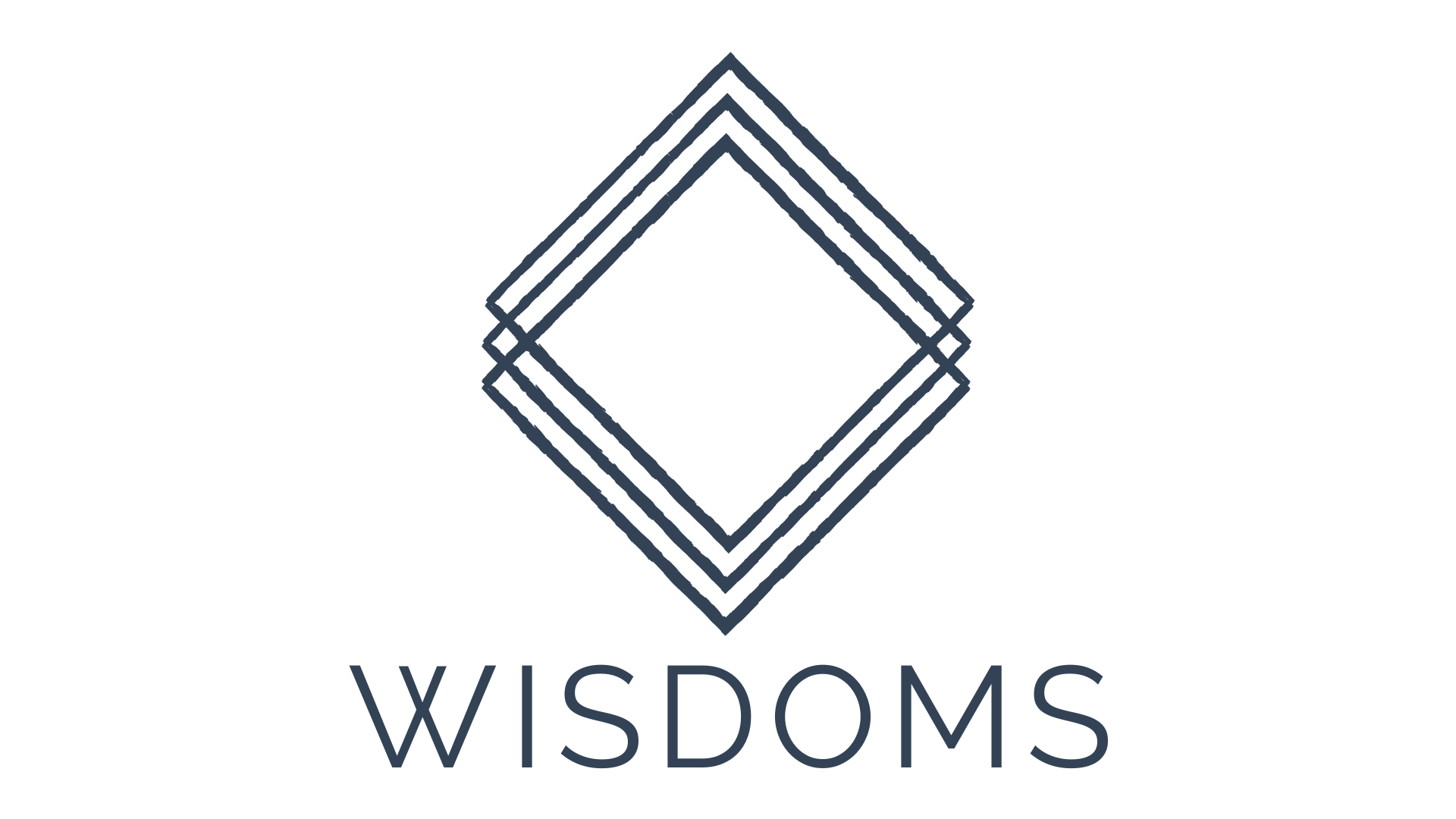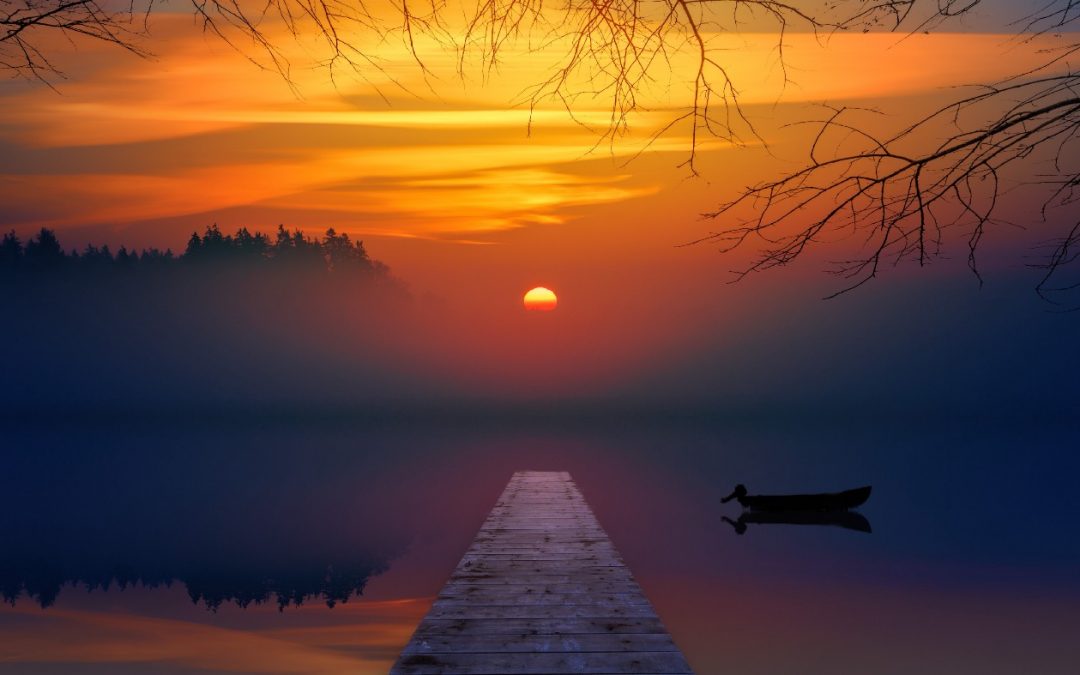One of my earliest memories is going fishing with my Dad. He woke me up before dawn, a finger to his lips saying “Shh”. We tiptoed out of the house, and with coffee flask and lettuce and tomato sandwiches in hand, and rods of course, we headed out to the dam.
The dam was some largish pond on a farm just outside our village in the middle of Zimbabwe. We launched the flat bottom row boat until we found a spot just on the other side of some reeds. The rule was if I came fishing I had to thread the worms on the hook myself. After doing this I cast my line and settled to watch the little plastic float sitting on top of the water.
There was no talking. This would frighten away the fish (or to keep a five year old quiet!)
A slither of red sliced across the horizon, expanding into oranges and ambers. Mist rose in wafts off the surface of the dam. The boat rocked slightly as my Dad stretched to cast and reel in. The bird calls echoed around us. I heard the whiz of my Dad’s line arcing through the air before the plop of the lure into the water. But mostly it was still and silent.
Fifty years later I remember this as if it was yesterday. A moment of utter beauty, complete calm and simple wonder.
Life is more than striving and struggling. It is moments of awe. It is precious, irreplaceable moments that are imprinted in our brains forever.
It’s drinking in the vista from a mountain view. It’s lying on the grass marvelling at the billions of lights blinking down on you. It’s being moved to tears by an exquisite art piece or poem or work of theatre.
They are moments of laughter, telling stories around the family dinner table. The clapping of hands when the baby takes their first wobbling, teetering steps. The feel of that warm tight hug holding and loving you.
These moments fill us with a sense that life is good. That everything is going to be okay. Somehow we are able to breathe more deeply and live more freely because space has been opened up within us.
There’s a scene in the epic movie Shawshank Redemption where the main character, played Andy, wrongfully imprisoned at Shawshank, locks himself in the warden’s office. He flips through some records and puts on an opera piece by Mozart from The Marriage of Figaro that he then plays through the speakers into the recreational yard. Every prisoner stops and stands in stillness, caught in the beauty of the music.
Over the music, the warm, deep voice of Morgan Freeman as Red, narrates as follows: “To this day I don’t know what those two Italian ladies were singing about. Truth is, I don’t want to know. Some things are best left unsaid. I like to think they were singing about something so beautiful it can’t be expressed in words and makes your heart ache because of it.
I tell you those voices soared higher and farer that anyone in grey place can dare to dream. It was if a beautiful bird flapped into our little cage and made the walls dissolve away. And for the briefest of moments every last man at Shawshank felt free.”
In her book Thrive, Ariana Huffington calls these moments experiences that stop us in our tracks, transport us to hidden worlds and give us a glimpse of the fathomless mystery of life.”
As Huffington highlights, nature and art are two of the most fertile grounds for experiencing wonder.
She quotes essayist and philosopher Alain de Botton describing Claude Monet’s The Water-Lily Pond, one of the most popular works in the National Gallery in London, “some worry that the fondness for this kind of art is a delusion: Those who love pretty gardens are in danger of forgetting the actual conditions of life — war, disease, political error, immorality.
The real risk is that we will fall into depression and despair; the danger is that we will lose hope in the human project. It is this kind of despondency that art is uniquely well suited to correct. Flowers in spring, blue skies, children running on the beach… these are visual symbols of hope.”
A simple proof of the power of art and how people are drawn to its expressions is the fact that Tate Modern, a modern art museum in London, is the most visited attraction in the UK. 5.9 million people visited it in 2018.
However, we can miss this moments. We can be so intent on recording them that we are not actually present to experience them. Huffington puts it this way, “By so obsessively documenting our experiences, we never truly have them.”
An American friend of mine who lives in South African but recently returned to the States and as part of their trip she and her family visited the Grand Canyon. This is what she wrote in her blog about her experience:
“Surveying the canyon wall, the weaving and winding Colorado River far, far, far below and the flora and fauna left me speechless. I absolutely had no words for what I was seeing for the first time in my life. Like others, I took photos. But more times than not, all I could do was stare in wonder at this magnificent handiwork.”
She goes on to write, “When we reached Mather point, though, it was then that culture shock jolted our sense. As we surveyed the scene, we really didn’t see people stopping to gaze in admiration at the spectacular view before them. Instead, achieving that perfect pose for Instagram and Facebook seemed to be the priority for this media-influenced multitude.”
Sherry Turkle, author of Alone Together, writes about the cost of constantly documenting and photographing our lives. But an even younger generation is yearning for the “real” once more. She quotes a fourteen year old boy who told her: “Don’t people know that sometimes you can just look out the window of a car and see the world go by and it’s wonderful. You can think. People don’t know that.”
What is required for us to experience the awesome is attention. Not so easy with our notoriously short attention spans and our distracting our worries and pre-occupations.
I end with where I began — fishing with my Dad. Besides the gentle but profound beauty of that morning what stays with me is the gift of silence, made more perfect in the company of someone I love and who loves me.
From a business perspective we know that speed is getting more and more essential. The pace of technology is advancing exponentially. In the normal routine of life we are busy, even frantic. We have noise and hurry and hustle bombarding us from all directions.
Every now and then step out of this bustling freneticism and stop. Look. Listen. Smell. Be quiet. Be still. Breathe.

